FROM PENANG TO TONGYEONG: EXPERIENCES AND INSIGHTS GAINED ON MARINE CONSERVATION AND OTHER SUSTAINABILITY INITIATIVES AT RCE
PENANG, 7 February 2025 – Universiti Sains Malaysia (USM) is home to the Regional Centre of Expertise (RCE) Penang and the Centre for Global Sustainability Studies (CGSS), two entities with the focus on exploring and promoting ideas on sustainability.
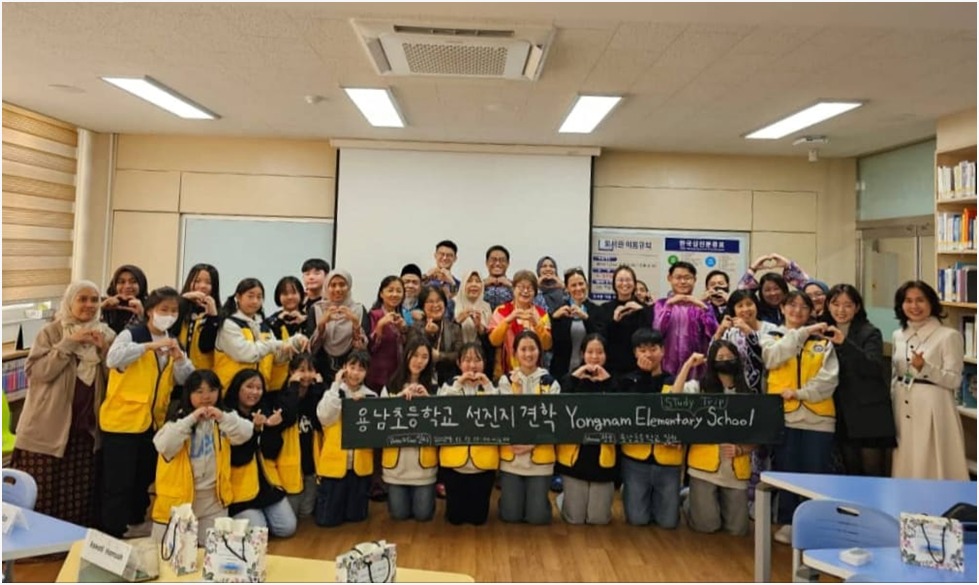
Dr. Chee Su Yin, a fellow of RCE Penang and senior lecturer at CGSS had recently completed her two-month academic attachment at RCE Tongyeong in Korea.
During her time there, she had gained valuable insights into marine conservation education, community engagement, and sustainability policies.
Being the 5th Sejahtera Fellow, her time in Tongyeong provided a comparative perspective on the challenges and successes of marine education initiatives, offering potential pathways for collaboration between RCE Tongyeong and RCE Penang.
Integrated Sustainability Education Approach
A key takeaway from Chee’s experience was the integrated approach to sustainability education in Tongyeong.
Schools in the region have successfully embedded environmental awareness into their curricula, administration, and infrastructure.
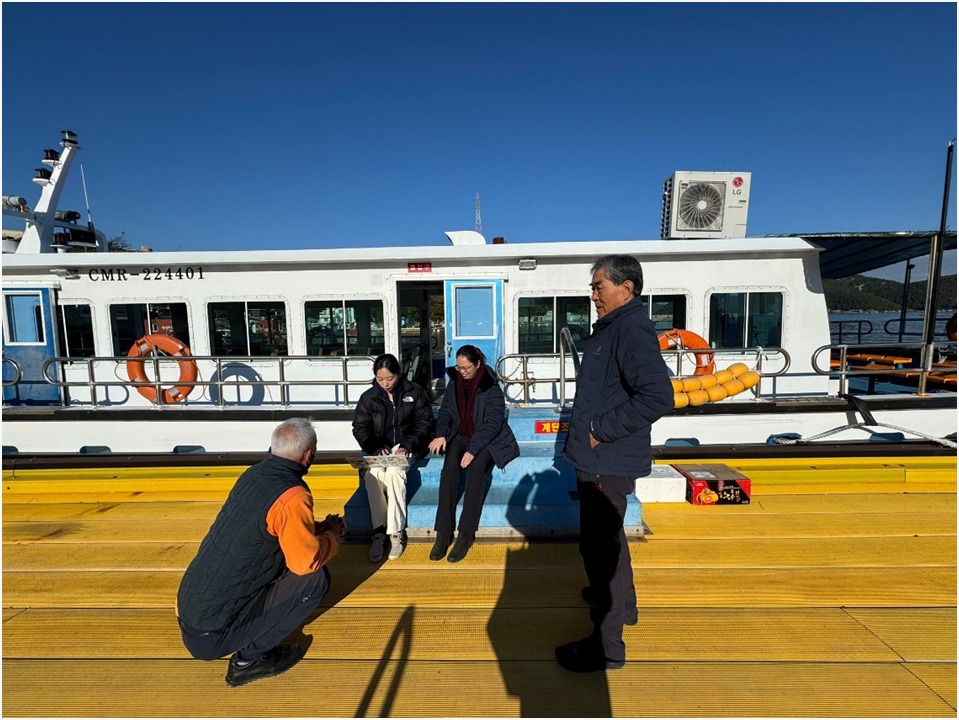
A visit to Yongnam Elementary School demonstrated how sustainability is ingrained in daily school activities, shaping a generation that is deeply conscious of its ecological impact.
Such an approach presents an opportunity for Malaysia to enhance its marine education programmes, particularly in coastal cities like Penang, which share similar environmental and economic characteristics with Tongyeong.
Beyond formal education, RCE Tongyeong has established a strong framework for community-based marine conservation. Through collaborative efforts between scientists, policymakers, and local industries, the city has successfully fostered a paradigm shift in public perception towards sustainability.
During her observation, Chee witnessed how stakeholders in aquaculture, fisheries, and eco-tourism are actively involved in conservation initiatives, ensuring long-term environmental stewardship.
This model underscores the importance of integrating scientific research with local knowledge and industry engagement, an approach that could significantly benefit Malaysia’s marine conservation efforts.
Leveraging Arts and Culture for Environmental Advocacy
The use of arts and culture as a medium for environmental advocacy is another noteworthy sustainability initiative at Tongyeong.
Chee attended a performance by the Korean National Symphony Orchestra, which combined classical music with visual representations of climate change and biodiversity loss.
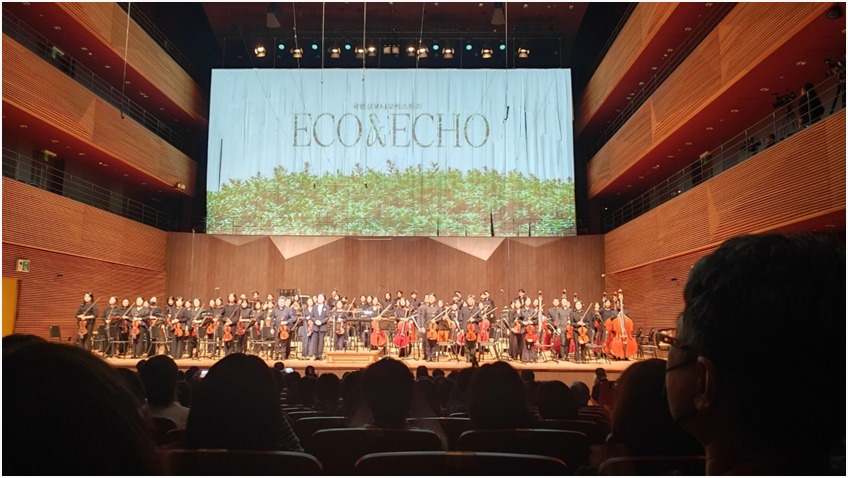
This innovative approach to environmental storytelling demonstrates the potential of interdisciplinary collaborations in raising public awareness on sustainability issues.
Incorporating similar strategies within RCE Penang’s outreach programmes could enhance engagement and foster greater appreciation for marine conservation among diverse audiences.
Potential Collaboration between RCE Tongyeong and RCE Penang
Given the similarities between Tongyeong and Penang, there is a significant potential for collaboration between RCE Tongyeong and RCE Penang.
One key initiative could be the establishment of joint research projects between RCE Penang and CGSS with RCE Tongyeong, focusing on marine education strategies, community engagement models, and conservation outcomes.
Comparative studies between the two cities could provide policy recommendations and best practices for enhancing sustainability efforts in coastal regions.
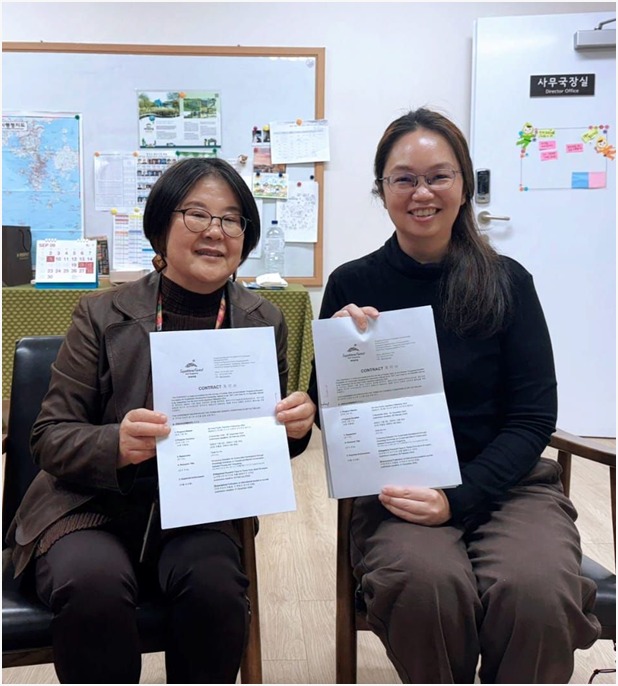
Additionally, the development of academic exchange programmes and capacity-building workshops could facilitate knowledge transfer between researchers, educators, and conservation practitioners.
These initiatives would equip stakeholders with the skills and insights necessary to drive meaningful environmental change.
Community engagement projects, such as marine debris inventorying, coastal clean-ups, and sustainable fisheries advocacy, could also be expanded through collaborative efforts, fostering stronger public participation in conservation efforts.
Reflecting on the time spent at Tongyeong, Chee emphasized the importance of long-term commitment and structured initiatives in driving environmental change.
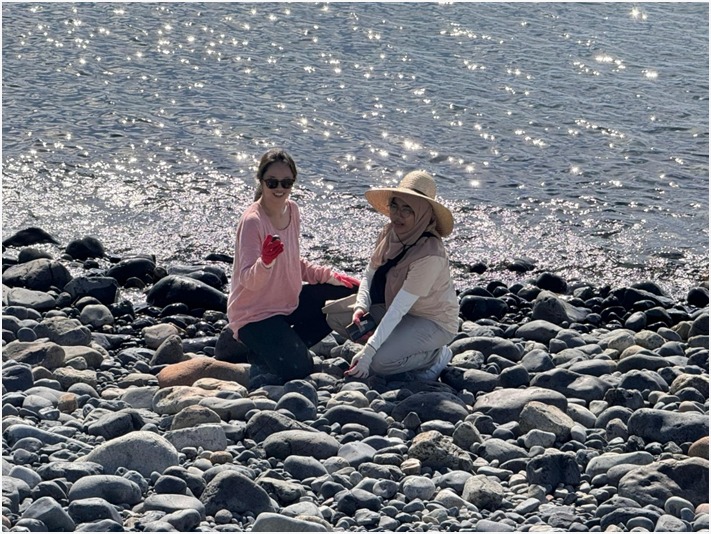
She noted that the success of Tongyeong’s sustainability programmes serves as a compelling case study for Malaysia, particularly in creating a paradigm shift in public attitudes towards marine conservation.
Moving forward, she hopes to integrate key learnings from Tongyeong into Malaysia’s environmental education programmes, while fostering deeper collaboration between RCE Tongyeong and Malaysian institutions to advance regional sustainability goals.
The insights gained from RCE Tongyeong highlight a comprehensive and well-coordinated approach to marine conservation.
As discussions on future collaborations progress, the partnership between RCE Tongyeong and RCE Penang could serve as a model for regional cooperation in education for sustainable development, ensuring a more resilient future for coastal and marine ecosystems in both countries.
RCE Penang and CGSS have both been at the forefront of sustainability studies and initiatives at USM.
RCE Penang is among the first seven to be established in the world, as part of a global Regional Centre of Expertise network coordinated by the United Nations University Institute for the Advanced Study of Sustainability (UNU-IAS).
CGSS is a research centre involved in the study and promotion of various sustainability efforts. It is also a Centre of Excellence (COE) at USM.
Text & Photos: Dr. Chee Su Yin, a fellow of RCE Penang and senior lecturer at CGSS USM/Editing: Mazlan Hanafi Basharudin & Tan Ewe Hoe
- Created on .
- Hits: 1627
